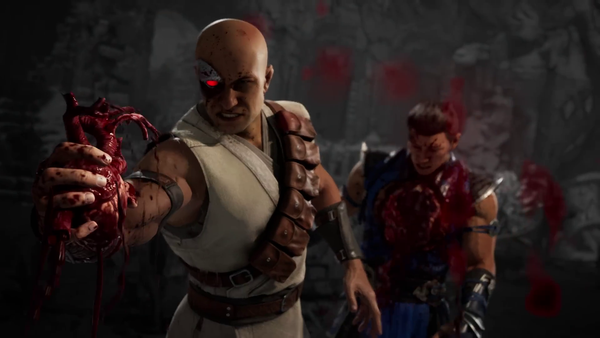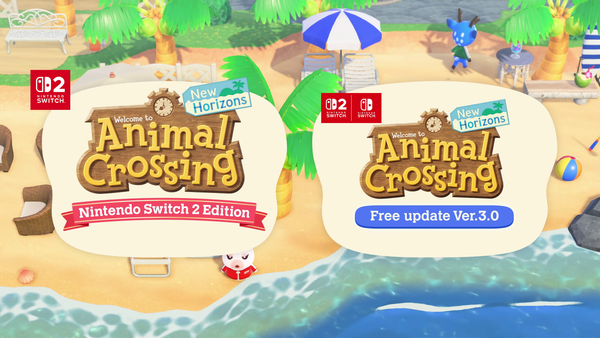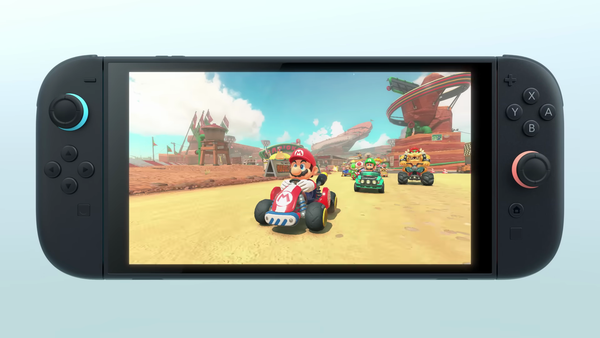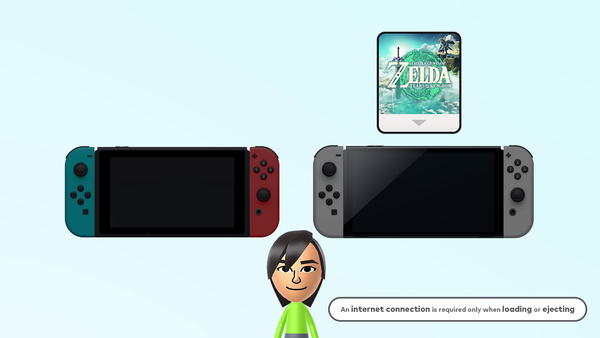Sony Titles Find New Homes on Competing Platforms
The recent Nintendo Direct delivered a couple of surprising announcements that have certainly raised eyebrows: the appearance of Patapon 1+2 Replay and Everybody’s Golf Hot Shots.
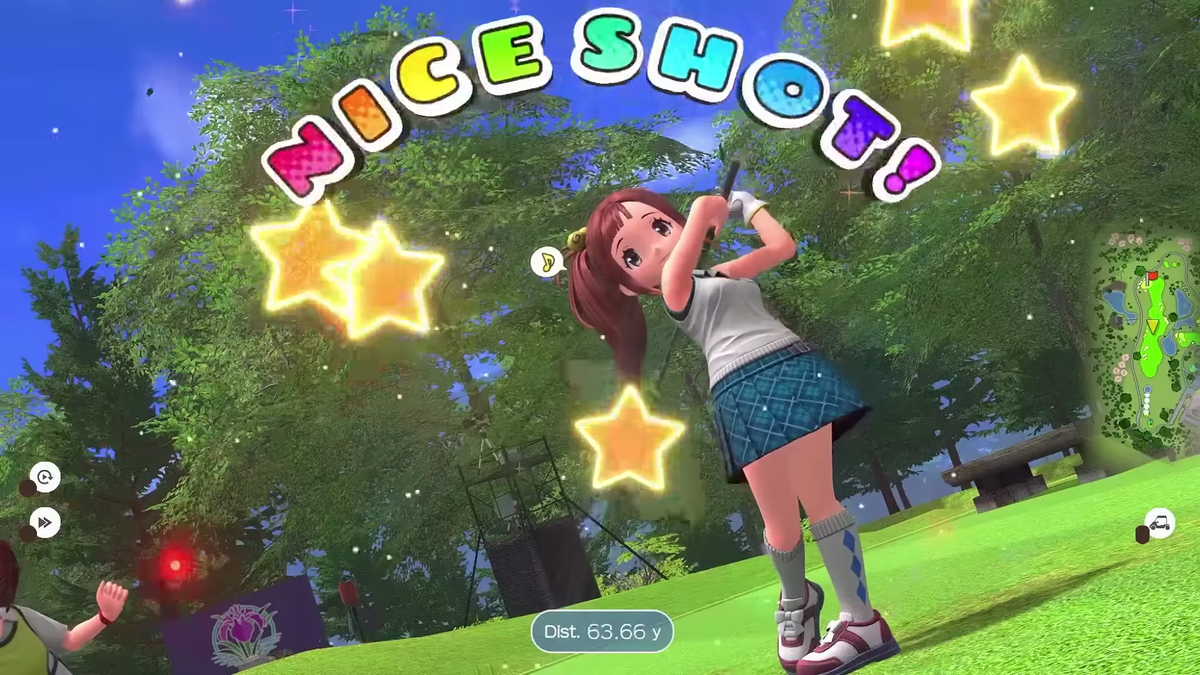
One of the things that you might have noticed during the recent Nintendo Direct was a small fine print printed across the trailers of two of the games showed off during the Direct. It says, "Licensed by Sony Interactive Entertainment Inc." and it definitely raised the eyebrows of those who noticed. They were there during the announcements of Patapon 1+2 Replay and Everybody’s Golf Hot Shots. What makes these reveals particularly noteworthy is that both the Patapon and Everybody’s Golf franchises have been traditionally first-party Sony titles, despite having been largely dormant for over a decade.
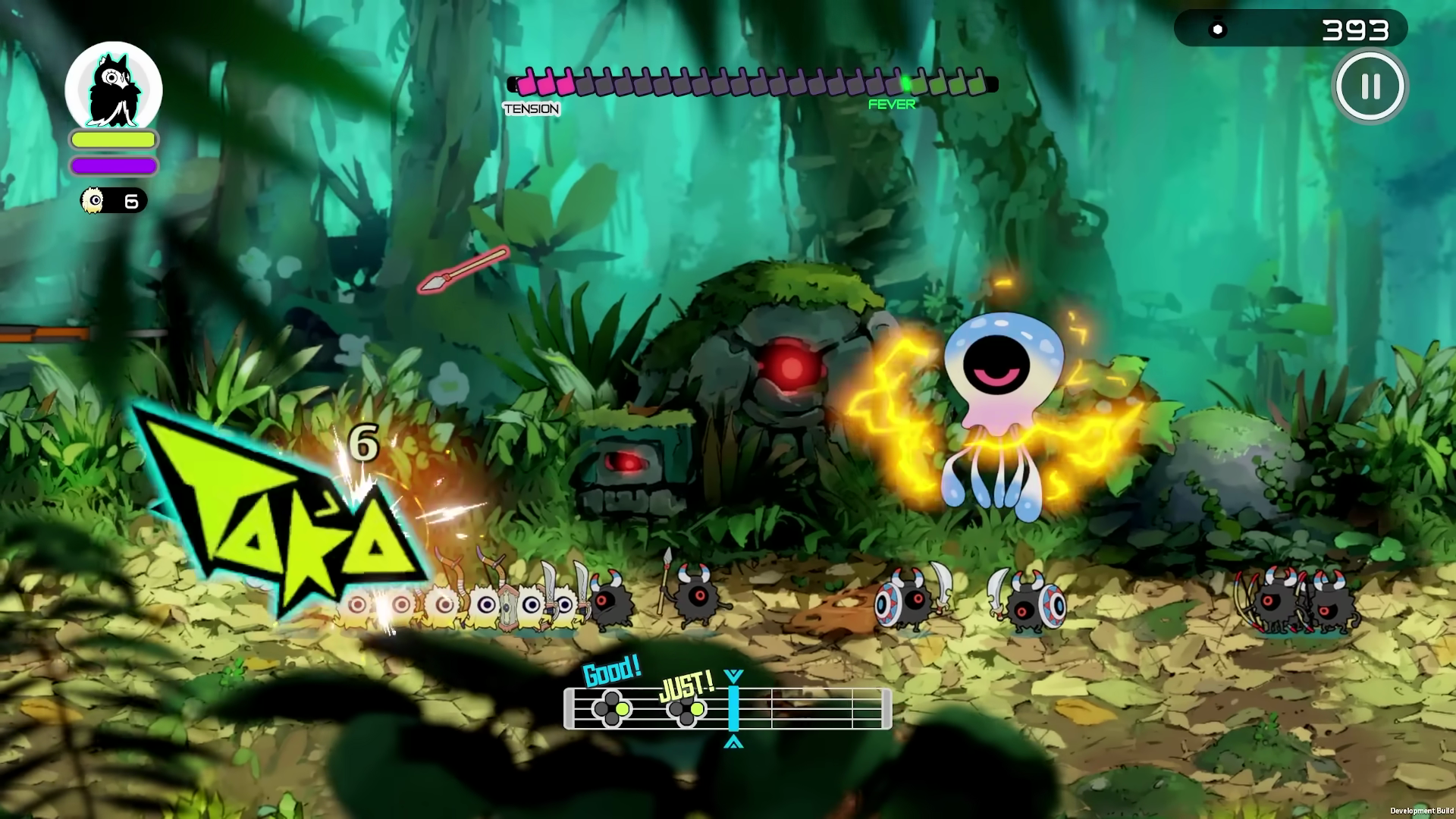
The last entries in their respective series, Patapon 3 and Everybody’s Golf, were released in 2011 and 2017. In fact, Patapon has been dormant for so long that its original director has even kickstarted a spiritual successor, Ratatan, slated for release soon. This begs the question: why is Sony, a company renowned for its high-caliber exclusive titles, suddenly bringing these franchises to a competing platform?
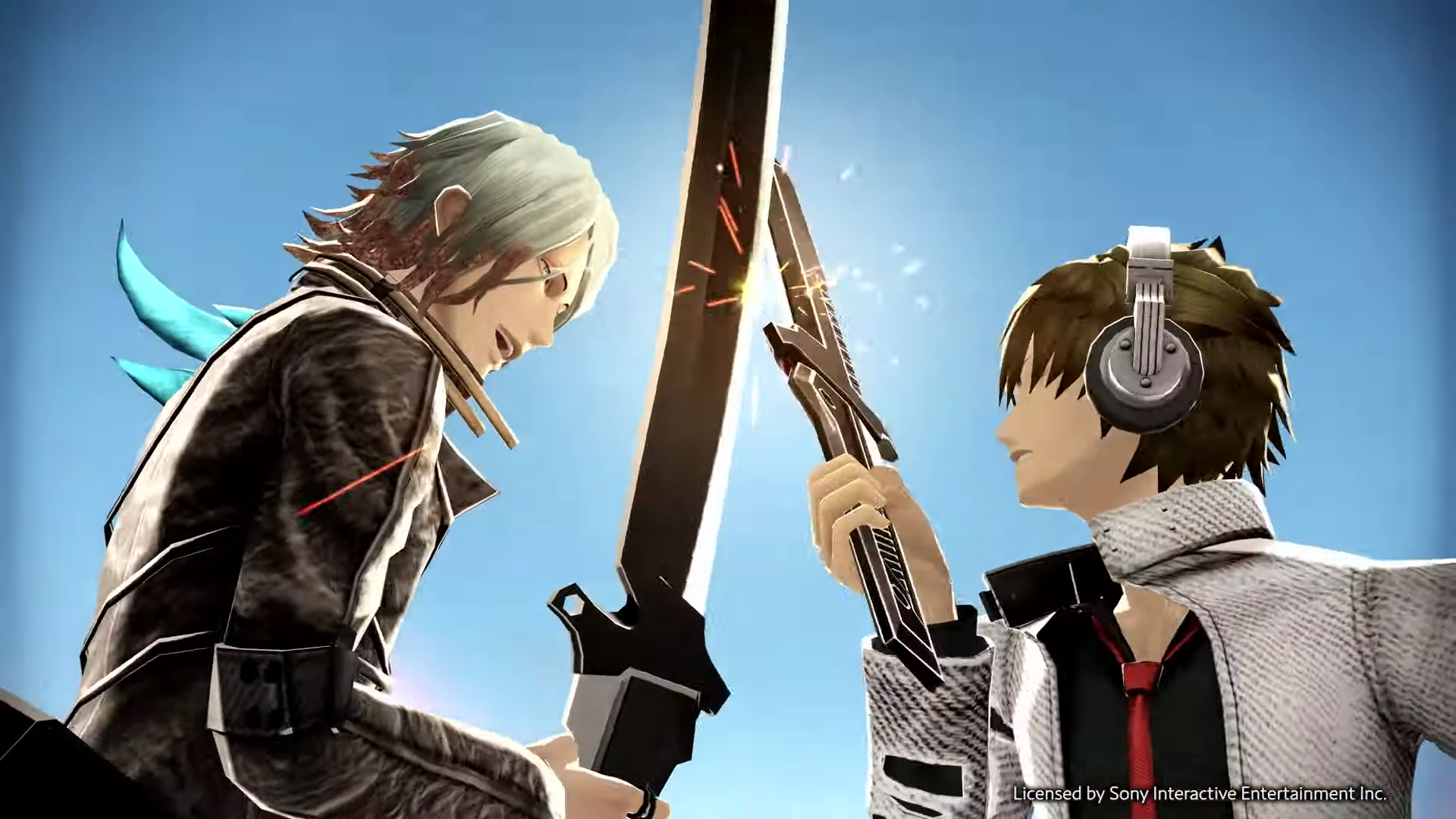
While the trend of first-party titles appearing on rival consoles is nothing entirely new, as evidenced by Microsoft's MachineGames' releasing Indiana Jones and the Great Circle on PlayStation 5 and Sony's upcoming PC release of The Last of Us Part II, the circumstances surrounding these Nintendo Switch releases warrant closer examination.

The release of Patapon 1+2 Replay and Everybody’s Golf Hot Shots on Nintendo Switch isn't entirely unprecedented, as Sony has already released a remastered version of Freedom Wars, developed by Bandai Namco, on not just Nintendo's but Microsoft's platform as well as on PC. Specifically, the fact that Everybody’s Golf Hot Shots appears to be a new entry in the series, developed not by an in-house Sony studio like Bluepoint Games, but by a third-party, Bandai Namco, suggests a potential shift in Sony's strategy.
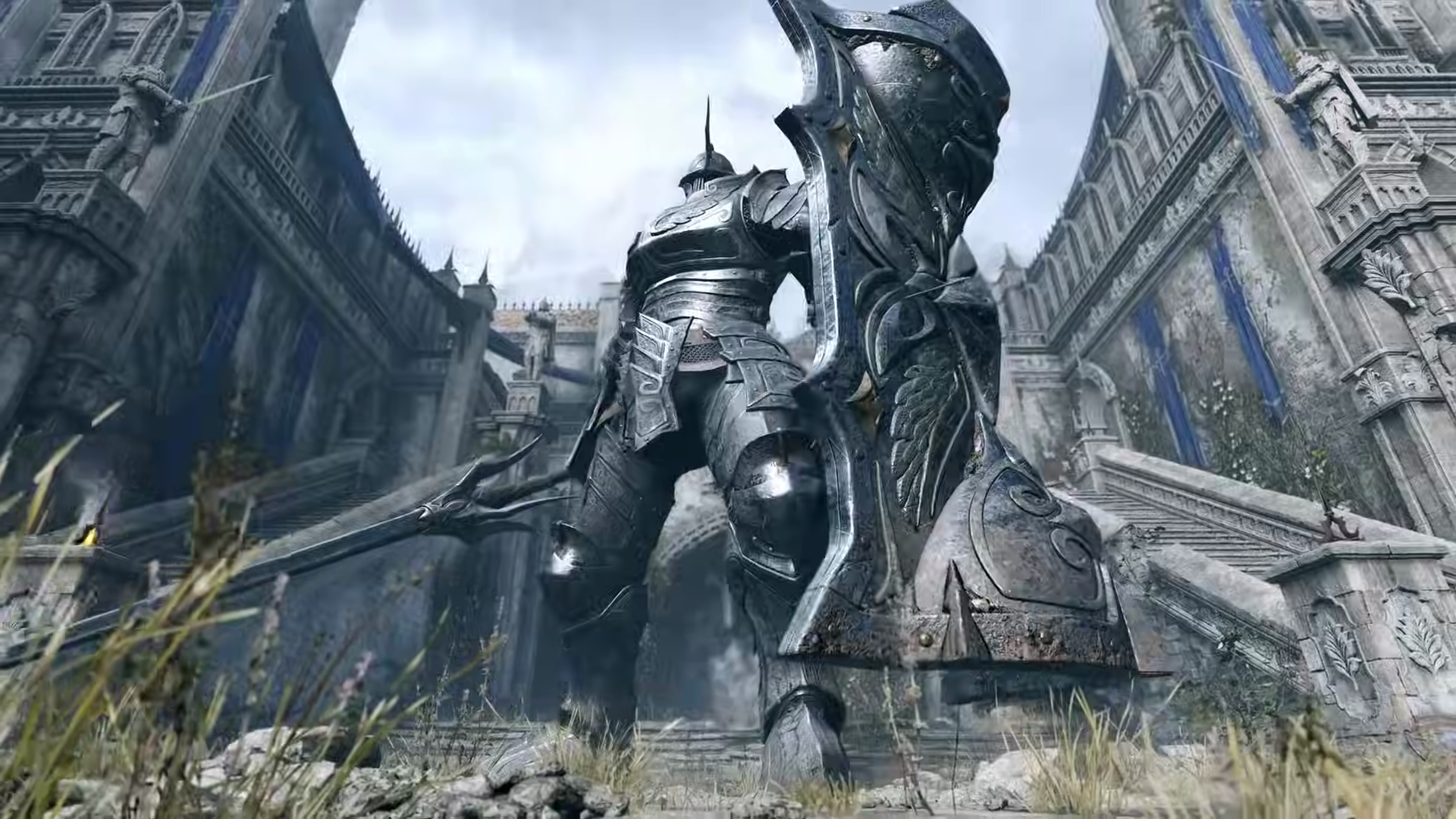
This move comes at a time when Sony appears to be re-evaluating its approach to game development. Following the phenomenally high price tag associated with the acquisition of Bungie, the studio behind Destiny 2, an acquisition that has arguably not yielded the desired results, Sony has seemingly become less enthusiastic about large-scale studio buyouts. Furthermore, the recent flop of their expensive hero shooter, Concord, indicates a potential move away from the high-risk, high-reward world of live service games. These experiences may be prompting Sony to explore alternative, less financially demanding avenues for its extensive library of intellectual property.
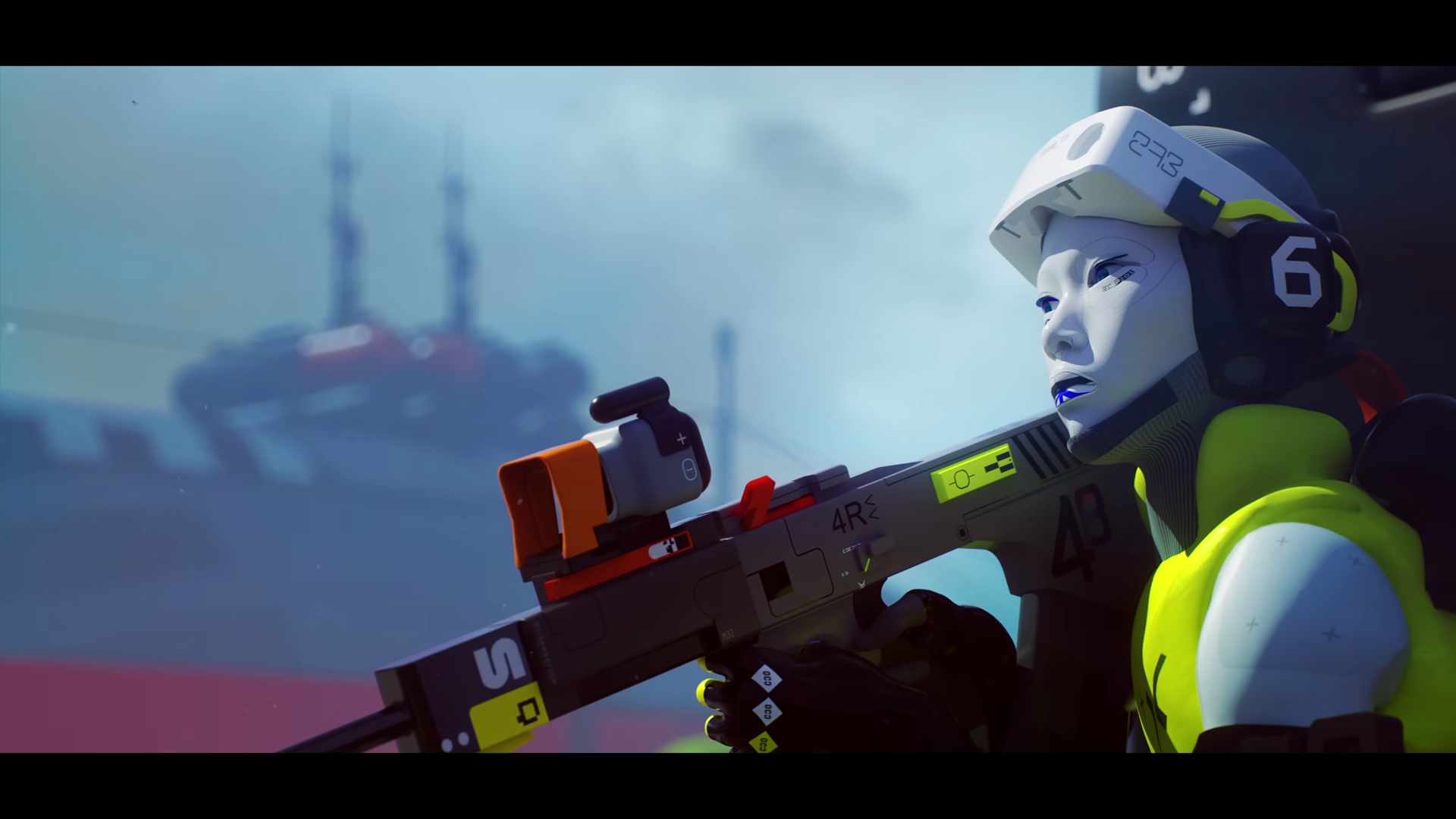
This decision to entrust the development of a new Everybody's Golf title to a third party like Bandai Namco echoes Nintendo's long history of collaborating with external studios for some of its franchises, a strategy that has often yielded positive results. For example, Retro Studios has delivered critically acclaimed titles for Nintendo on multiple occasions, including the highly successful Metroid Prime series (More footage of Metroid Prime Beyond was shown at the same Nintendo Direct) and the beloved Donkey Kong Country Returns and Donkey Kong Country: Tropical Freeze. Similarly, MercurySteam's contributions to the Metroid franchise with Metroid: Samus Returns and Metroid Dread were also well-received. However, this approach isn't always a guaranteed success, as seen with Koei Tecmo's Metroid: Other M, which met with a more divided reception. Nintendo's collaborations on racing franchises have also shown mixed outcomes; while the Mario Kart series, in which Bandai Namco has been involved, has achieved phenomenal success with titles like Mario Kart 8 becoming one of the best-selling games of all time, the F-Zero franchise, despite third-party involvement, has struggled to maintain its presence. Even Platinumgames' attempt to revitalize Star Fox with Star Fox Zero met with a lukewarm reception.
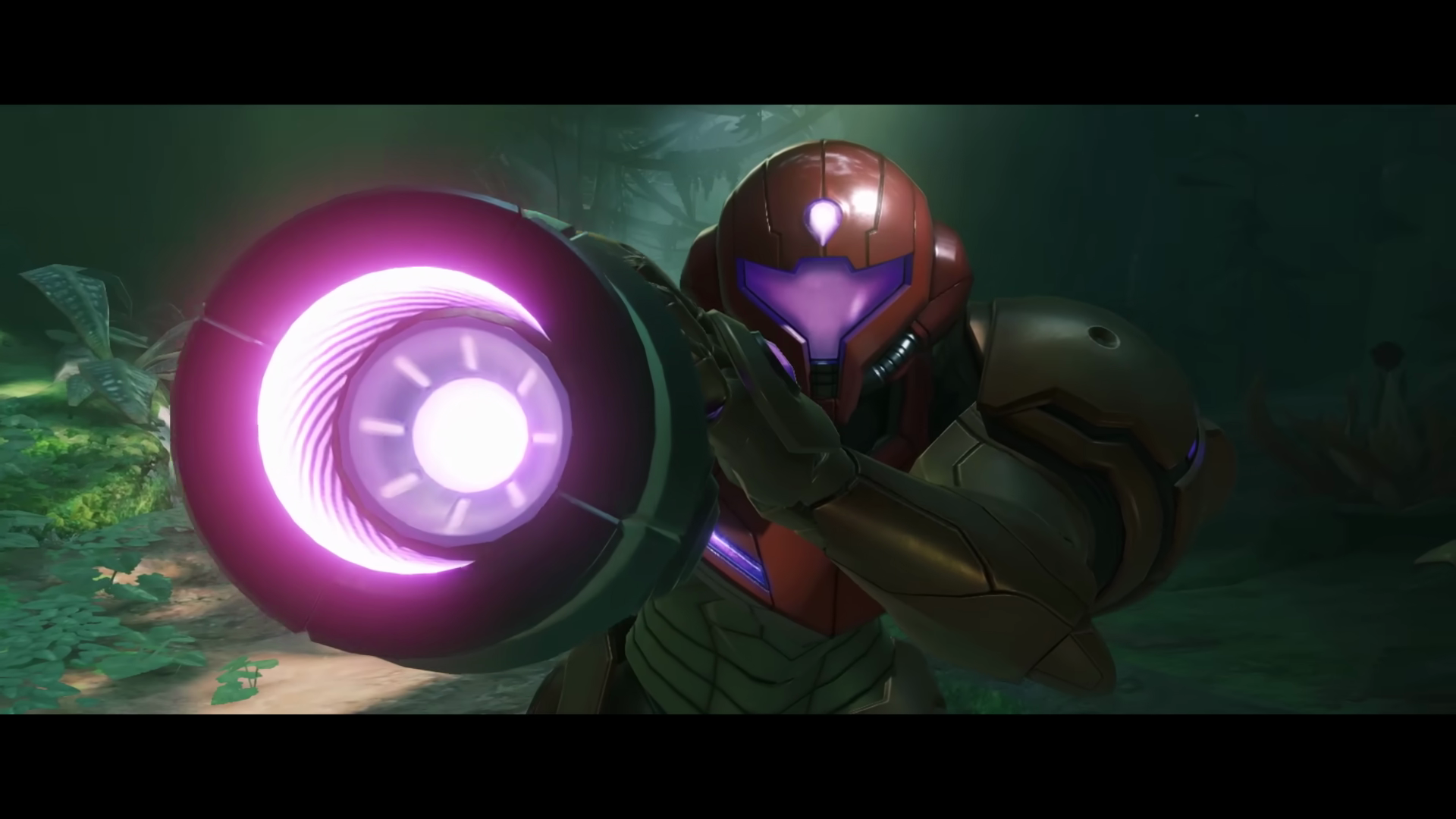
Historically, Sony has famously relied on big-budget, prestige games like The Last of Us, God of War, and Ghost of Tsushima, alongside remasters of titles like Uncharted and Horizon franchise, to drive its console sales. However, the increasing costs and extended development times associated with these AAA productions, as exemplified by the reported $300 million price tag of Spider-Man 2, suggest that this model might be becoming less sustainable for all of Sony's IPs. The long development cycles mean that Sony's pipeline of readily available titles to monetize has potentially shrunk over time.
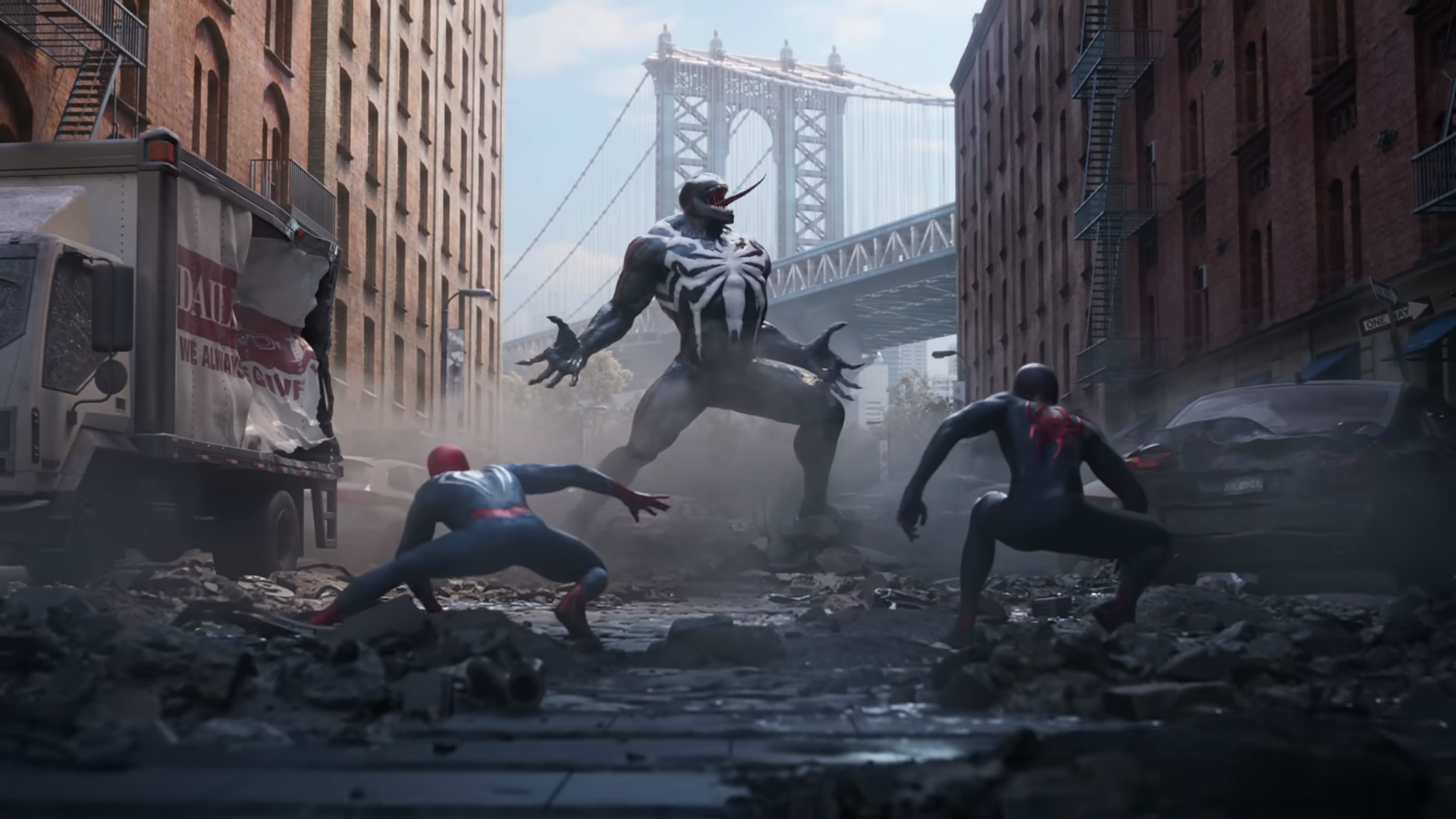
Therefore, giving the keys to long-dormant franchises to third-party developers might be a strategic move for Sony in the long run. It could potentially allow them to revive beloved IPs without the full financial burden and risk associated with in-house development, perhaps even returning Sony to the more experimental spirit of its PlayStation and PlayStation 2 eras, alongside its continued investment in big-budget franchises like Uncharted and Killzone during the PlayStation 3 era. However, the question remains: will this experiment in diversification lead to a successful revitalization of these franchises, or will it be plagued by management challenges and ultimately result in diminished quality? Only time will tell how Sony plans to navigate this new chapter in its approach to game development and intellectual property.
